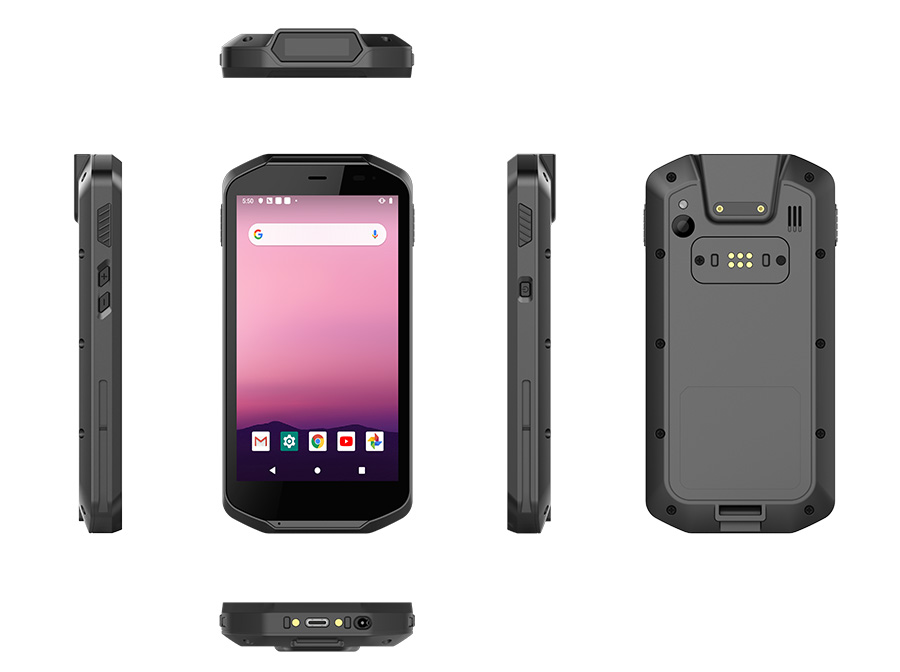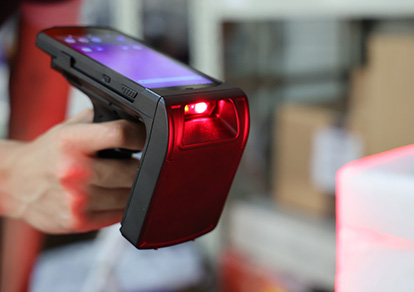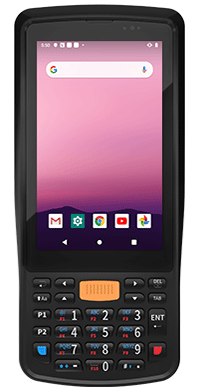RFID readers have also found applications in healthcare, where they are used for patient identification and tracking medical supplies. By utilizing RFID technology, hospitals can accurately match patients with their medical records, ensuring appropriate treatment. Additionally, RFID readers can track the usage and availability of medical equipment, allowing for efficient inventory management.

RFID, short for Radio Frequency Identification, is a technology that uses radio waves to identify and track objects or individuals. An RFID reader is a kind of rugged handhelds that is used to read the information stored on RFID tags. These readers use electromagnetic fields to communicate with the RFID tags and retrieve data from them.
An RFID reader consists of an antenna, a transceiver, and a decoder. When an RFID tag enters the range of the reader's antenna, it emits radio waves that are picked up by the antenna. The transceiver then converts these radio waves into a more usable form for the reader. The decoder interprets the data and sends it to the connected computer or system for processing.

RFID readers have a wide range of applications across various industries. One common use is in inventory management and tracking. By attaching RFID tags to products or assets, businesses can easily monitor their inventory levels and track the movement of items in real-time. This eliminates the need for manual counting and reduces human errors. RFID readers are also used in supply chain management. They enable companies to improve the efficiency of their logistics processes by accurately tracking the movement of goods from suppliers to customers. This helps in reducing delays, preventing losses, and enhancing overall customer satisfaction. In the retail industry, RFID readers are used for inventory visibility. By having RFID tags on each product, retailers can quickly locate items, monitor stock levels, and ensure that popular products are always available on shelves. This leads to better customer experiences and increased sales.
In conclusion, a handheld RFID reader is a pivotal device in the world of radio frequency identification technology. It enables businesses to automate various processes, enhance efficiency, and improve security. From inventory management to supply chain tracking, retail operations, and healthcare, RFID readers play a crucial role in a wide range of industries. With advancements in technology, RFID readers are becoming more compact, affordable, and user-friendly, making them an indispensable tool for businesses seeking to streamline their operations. You may be interested in RFID reader manufacturer Emdoor and get more information.

Thank you for your attention on Emdoor Rugged PC!
Please fill the form to let us know your need. We will get in touch with you ASAP.